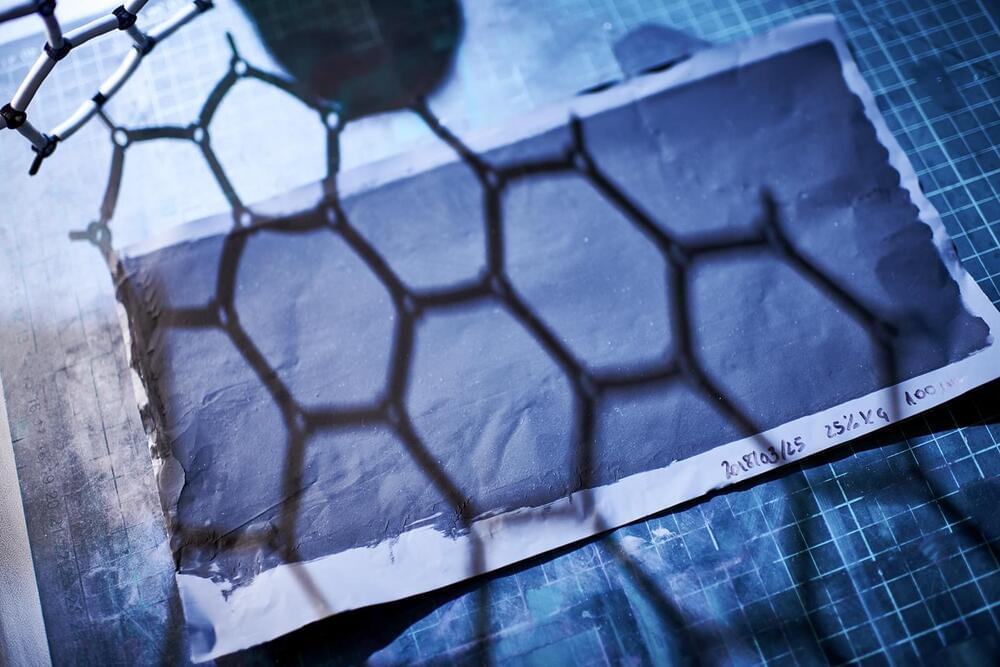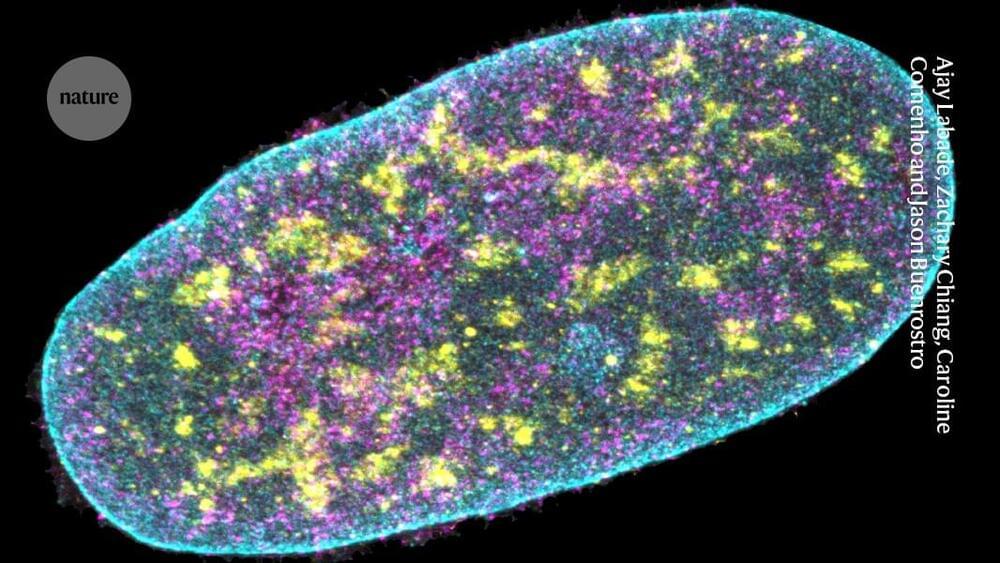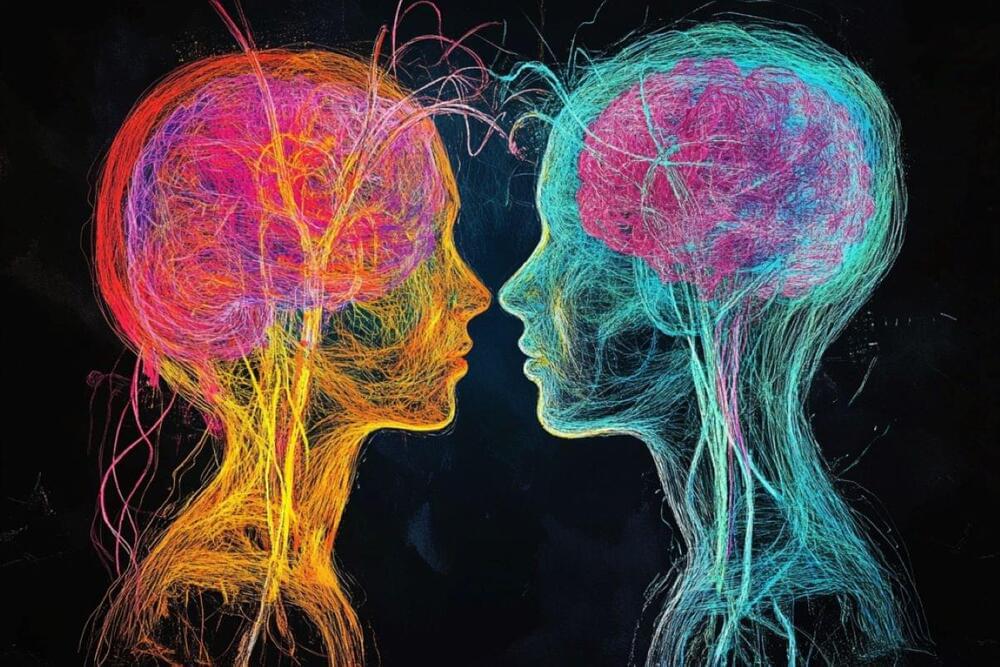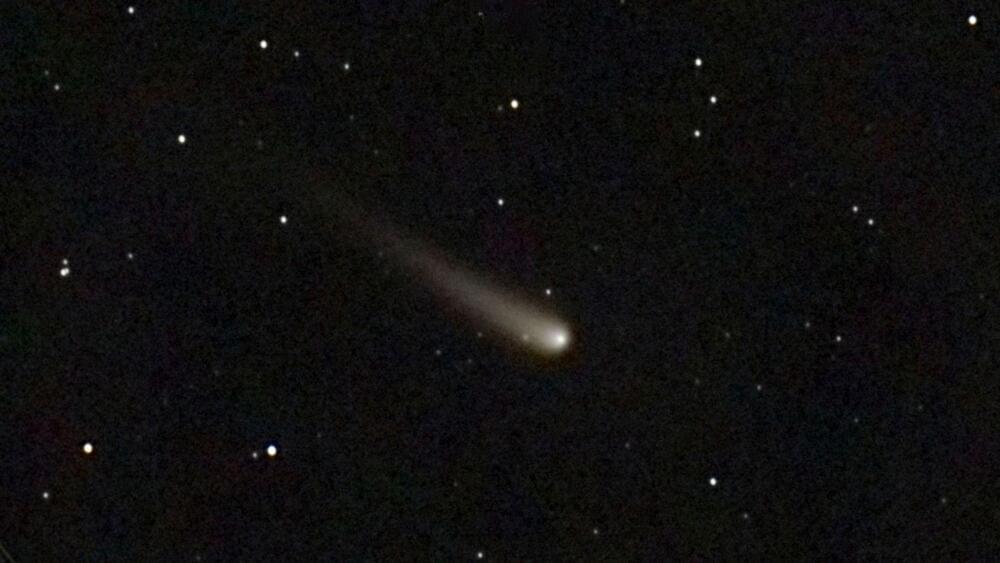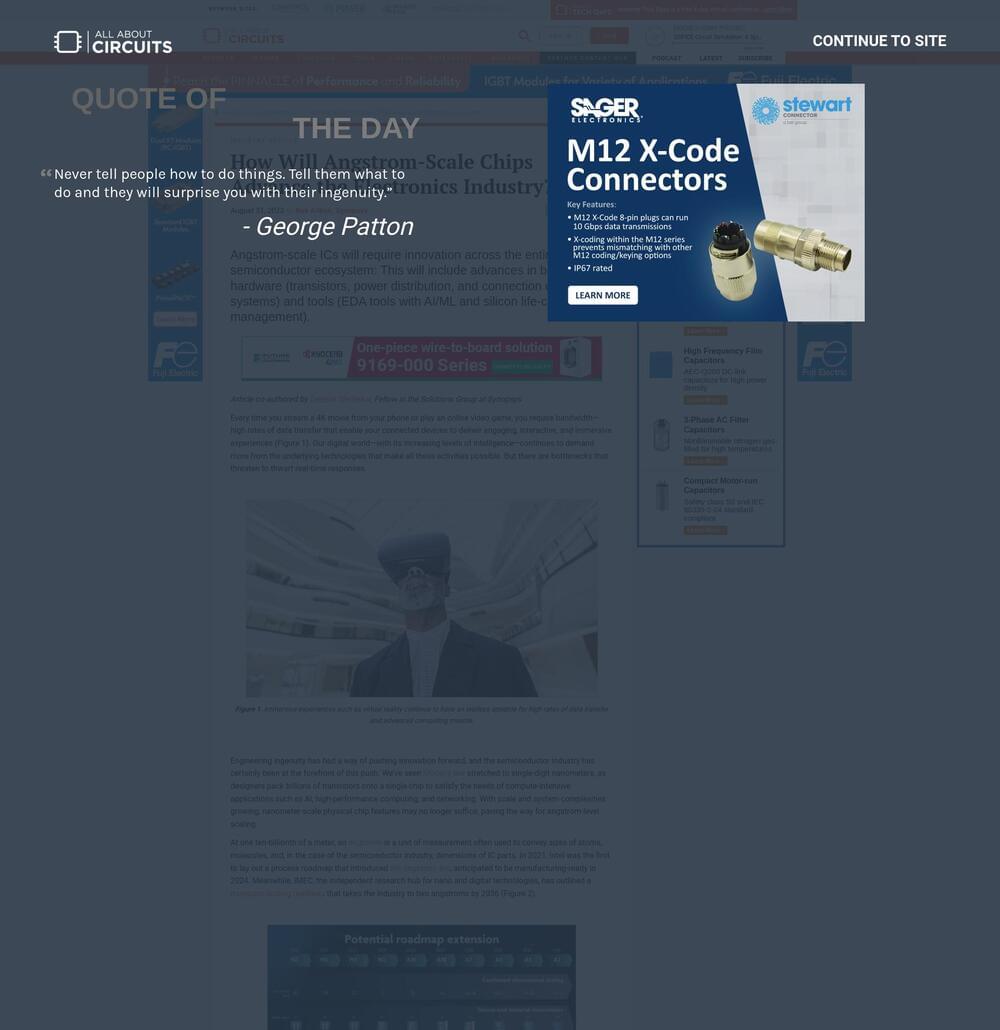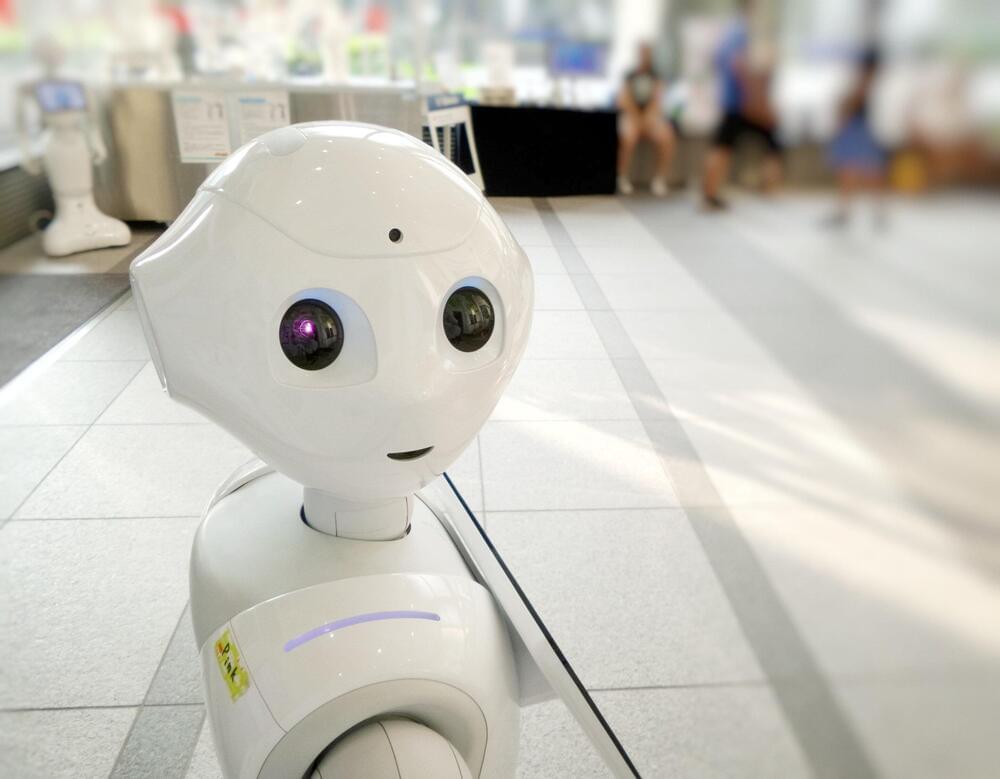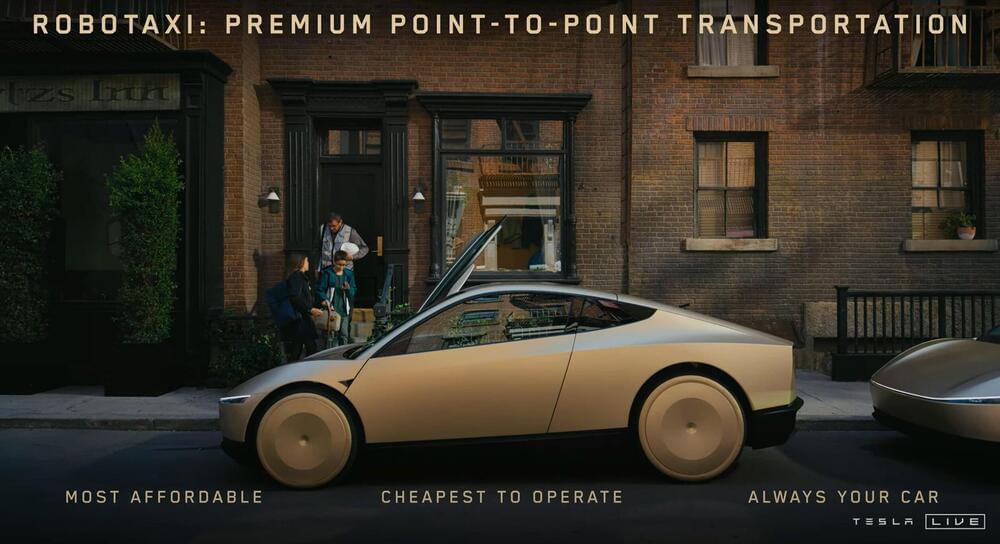Manchester, England— On a rare sunny day in northern England, the National Graphene Institute (NGI) here gleams like a five-story block of obsidian. Squeezed into the University of Manchester’s sprawling downtown campus, the research center is clad in almost 2000 lustrous black panels with small hexagonal perforations—an architectural nod to the structure of the atom-thin sheet of carbon that gives the building its name.
NGI exists because graphene was first isolated a short walk away in a University of Manchester lab. Andre Geim and Konstantin Novoselov presented it to the world 20 years ago this month and later won a Nobel Prize for the work. Since its unveiling, billions of dollars of R&D funding have flowed to graphene, in a global race to exploit its peerless properties. It is better at carrying electricity than any metal, a superb heat conductor, and hundreds of times stronger than steel—selling points trumpeted in the marketing materials of universities and companies alike.
Early on, researchers were not shy about promising graphene breakthroughs, with predictions that it would enable superthin rollable TVs and space elevators, and even supplant silicon in computer chips. “Expectations were very, very high,” Geim says. “The companies I was involved in were mostly based on hype.”
